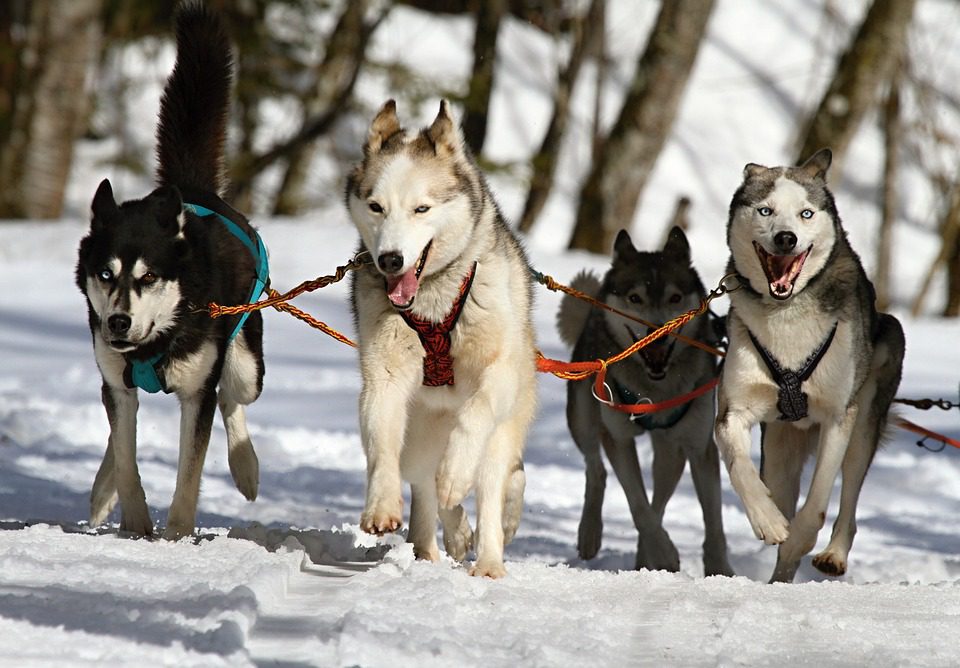When it comes to adopting a dog, many people are unaware of the challenges that some breeds may present when it comes to rehoming them. Some breeds of dogs can be more difficult to rehome than others due to various factors such as their size, temperament, and health. In this article, we will explore which dogs are the hardest to rehome, the reasons why, and what potential adopters should know before committing to a new pet.
Why Certain Dogs are Harder to Rehome
Table of Contents
Adopting a dog is a big responsibility, and it’s important to recognize that not all dogs are the same when it comes to rehoming. Some breeds may be more difficult to rehome than others, and certain individual dogs may have behavioural problems that mean they are harder to rehome. In this article, we’ll take a look at why certain dogs are harder to rehome, and what you can do to help.
Age and Breed
The age and breed of a dog can have an effect on how easy or difficult it is to rehome them. Older dogs, for example, may have had more time to develop behavioural issues, or may have been passed from one home to another, making them harder to rehome. Similarly, certain breeds may be more prone to developing behavioural problems, such as aggression or separation anxiety, which can make them harder to rehome.
Behavioural Issues
Behavioural issues can be a major factor in making a dog harder to rehome. Dogs that have developed aggression, fear, or separation anxiety can be harder to rehome, as these issues can make them difficult to handle, or even dangerous in some cases. If a dog has developed any of these issues, it’s important to get them professional help as soon as possible to help them overcome these issues and make them more adoptable.
Health Issues
Health issues can also make a dog harder to rehome. Dogs with chronic health issues, such as allergies or mobility issues, may need more care and attention than other dogs, making them less desirable to potential adopters. It’s important to make sure any potential adopter is aware of any health issues a dog may have, and to ensure they have the resources and commitment to provide the care that the dog needs.
Personality
The personality of a dog can also make them harder to rehome. Some dogs may be shy or aloof, or may simply not get along with other animals or people. This can make them harder to handle, and less desirable to potential adopters. It’s important to be honest about a dog’s personality when trying to rehome them, and to be patient when trying to find the right home for them.
Finding the Right Home
It’s important to remember that all dogs can be rehomed, no matter how difficult they may be. With patience and the right resources, it is possible to find the right home for a dog that is harder to rehome. It’s important to be honest about any issues the dog may have, and to make sure the potential adopter has the resources and commitment to provide the care that the dog needs.
## Common Myths About Dogs That Are Hardest To Rehome
Myth: All large dogs are difficult to rehome.
Fact: While large dogs tend to take longer to rehome due to size and space considerations, any size or breed of dog can be difficult to rehome. Many small and senior dogs take longer to find a new home due to age and health concerns.
Myth: All rescue dogs are difficult to rehome.
Fact: While some rescue dogs can be challenging to rehome due to past neglect or abuse, many rescue dogs are just as easy to rehome as any other dog.
Myth: Dogs with special needs are impossible to rehome.
Fact: While it can be more difficult to find a home for a dog with special needs, it is still possible. Rehoming organizations often receive more applications for these dogs than they can handle, as many people are willing to adopt a dog with special needs.
Myth: Dogs that have been surrendered to a shelter are impossible to rehome.
Fact: Any dog can be rehomed, regardless of their background. Rehoming organizations often take in surrendered dogs and work hard to find them a loving home.
Frequently Asked Questions
What are the hardest dogs to rehome?
Many factors can make a dog harder to rehome, such as age, breed, size, health issues, behavioral issues, and past trauma. Generally, large dogs, senior dogs, purebreds, and dogs with medical or behavioral issues are more difficult to rehome.
What can be done to make a dog more rehomeable?
There are several steps that can be taken to make a dog more rehomeable. Providing basic obedience training to the dog can help them become more desirable to potential adopters. Working with a certified trainer or animal behaviorist to address any medical or behavioral issues can also make the dog more appealing. Additionally, providing potential adopters with honest information and photos of the dog can help increase the chances of finding them a good home.
Conclusion
.
Some dogs may be harder to rehome than others due to their age, breed, behavioural issues, health issues, and personality. It’s important to be honest about any issues the dog may have, and to make sure the potential adopter has the resources and commitment to provide the care that the dog needs. Patience, understanding, and the right resources can help to find the right home for a dog that is harder to rehome.





